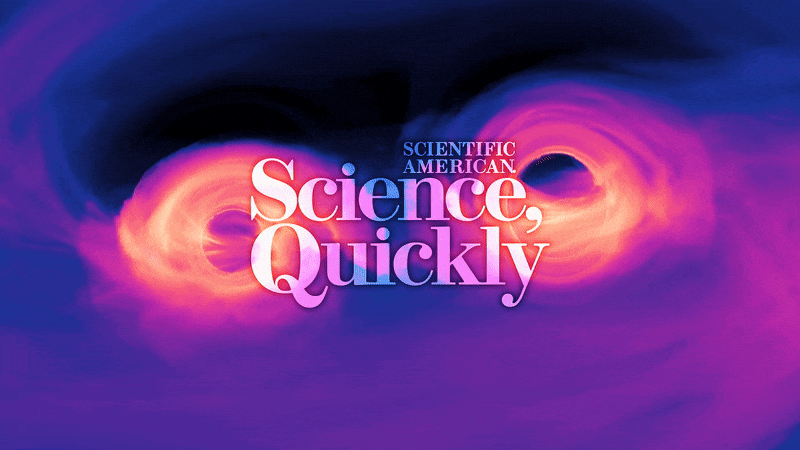
Delving into the Depths of the Mind
The human mind has long been a subject of both scientific inquiry and theological reflection. This complex and fascinating entity, a blend of thoughts, emotions, and consciousness, is often at the center of discussions that attempt to bridge the gap between neuroscience and biblical perspectives. How do we reconcile the intricate workings of the brain, as understood by science, with the spiritual and moral dimensions of human nature as depicted in the Bible?
Modern neuroscience has made significant strides in unraveling the mysteries of the brain. We now have insights into how neural pathways influence behavior, emotions, and decision-making processes. On the other hand, the Bible offers a rich tapestry of teachings about human nature, purpose, and destiny. It speaks of the human mind and heart in ways that resonate deeply with our experiences and aspirations.
Bridging Two Worlds: Science and Scripture
As students delve into this complex topic, they embark on an intellectual adventure transcending traditional academic disciplines. Exploring the connection between neuroscience and the biblical view of human nature is not just about acquiring knowledge; it’s about integrating different ways of understanding the human experience.
For those undertaking this journey at a deeper academic level, resources like EssayPro college essay writer can provide invaluable support in navigating the intricate crossroads of science and scripture, ensuring a well-researched and nuanced exploration of this multifaceted subject. But where to start?
The Neural Basis of Morality and Free Will
One of the most fascinating intersections between neuroscience and biblical teachings is the concept of morality and free will. Neuroscience has shown that certain areas of the brain are involved in moral reasoning and decision-making.
Functional MRI studies, for example, reveal how different neural circuits are activated when individuals are faced with moral dilemmas. This scientific perspective offers a window into understanding how we process ethical decisions on a biological level.
However, the biblical perspective brings in the concept of free will – a fundamental aspect of human nature that allows for moral choices and ethical actions. The Bible presents human beings as not just biological entities but as creatures with the capacity for moral discernment and the freedom to choose between right and wrong. This viewpoint raises profound questions about the interplay between our neurological wiring and our spiritual and moral capacities.
The challenge for students and scholars is to explore how these two perspectives can inform each other through questions such as:
- Can the understanding of brain mechanisms responsible for moral reasoning deepen our understanding of biblical teachings on free will?
- Conversely, can scriptural insights into human nature shed light on the findings of neuroscience?
This dialogue between science and scripture offers a rich field of study for those seeking a deeper understanding of what it means to be human.
The Mind-Body-Spirit Connection: A Holistic View
The discussion of the human mind in the context of neuroscience and the Bible inevitably leads to the broader question of the mind-body-spirit connection. Neuroscience focuses on the physical aspects of the brain and how they relate to mental processes. In contrast, the Bible often speaks of the human being as a unity of body, mind, and spirit, where each aspect is interconnected and cannot be fully understood in isolation.
This holistic view challenges us to consider how our physical brain health impacts our mental and spiritual well-being. For instance, mental health issues, like depression or anxiety, are often linked to neurological factors but also have profound spiritual and emotional implications. The Bible offers insights into the care of the whole person, emphasizing the importance of nurturing not just the body but also the mind and spirit.
For students, especially those in fields like psychology, theology, or neuroscience, grappling with this holistic view can be both challenging and rewarding. It encourages an interdisciplinary approach to learning, where scientific knowledge is integrated with spiritual and ethical understanding. This approach not only enriches academic pursuits but also offers practical implications for mental health, wellness, and personal development.

Faith, Reason, and the Quest for Understanding
At the heart of the dialogue between neuroscience and the biblical view of human nature is the relationship between faith and reason. For centuries, scholars and thinkers have debated the roles of faith and scientific inquiry in understanding the world and ourselves. Neuroscience brings a rigorous, evidence-based approach to studying the brain, while the Bible provides a framework of faith and spirituality that addresses the deeper questions of existence and purpose.
This intersection is not about pitting science against religion or vice versa. Instead, it’s about recognizing that both science and faith have valuable contributions to make in our quest to understand the human mind and spirit. Students exploring this topic are encouraged to approach it with an open mind and a willingness to see beyond the traditional boundaries of disciplines.
Integrating scientific knowledge with spiritual and ethical insights can lead to a more comprehensive understanding of human nature. It encourages a respect for the complexity and mystery of the human experience, acknowledging that there are dimensions of our existence that science alone cannot fully explain. This integrative approach is not only academically enriching but also fosters a sense of awe and wonder about the human mind and its capabilities.
Final Thoughts
This blog offers a fascinating exploration of two seemingly different worlds – the scientific and the spiritual. By examining the intersections between neuroscience and biblical teachings, we gain a richer, more nuanced understanding of human nature. This journey is not just about acquiring knowledge; it’s about embracing the complexity and depth of what it means to be human.
For students venturing into this field, the journey is both intellectually stimulating and personally enriching. It’s an invitation to explore, question, and integrate diverse perspectives, fostering a deeper appreciation for the intricacies of the human mind. In this exploration, we find not only academic knowledge but also insights that can guide us in our personal and spiritual lives.

















































.png)









